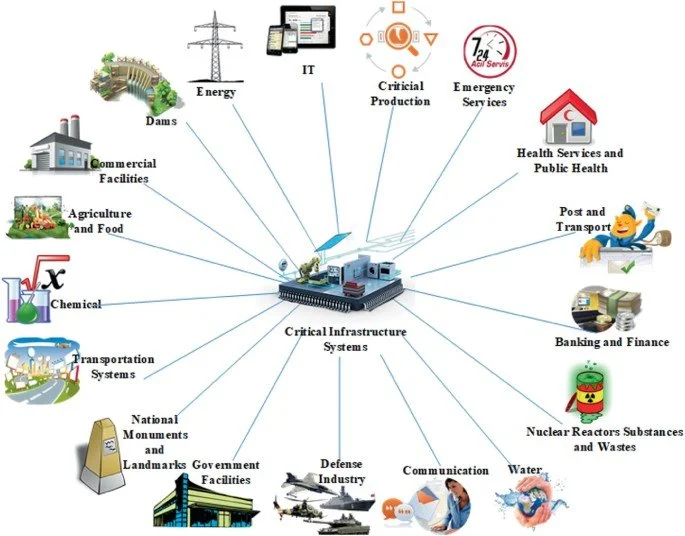Mention disruption to the food supply, and people tend to think about the COVID-19 pandemic.
However, disruption has been coming in all shapes and sizes since 2020. Hurricanes, forest fires, droughts, and other climate-related disruptions are becoming more frequent. Cybersecurity breakdowns and geopolitical disturbances are also common.
Reuters news service reported that the nation’s beef and seafood supply chain would have faced significant disruption if the recent dockworkers’ strike had lasted more than a week.
A scientific report issued earlier this year concluded that climate-related events threaten all dimensions of the supply chain of locally produced food and imported foodstuffs and, consequently, food and nutrition security.
These events increase consumers’ view that a localized, decentralized food system is the most resilient and trustworthy. And they’re right.
Smaller-scale meat and poultry processors are not immune to disruption and devastation from climate-driven events. The recent hurricane sweeping through the Southeast devastated smaller processors in Florida, North Carolina, and Georgia. A smaller processor in Oklahoma was wiped out by a tornado last year. Drought continues to affect livestock supplies for many processors.
These losses affect the food supply for thousands or even millions of consumers. And, as we’ve seen in recent weeks, neighboring processors, farmers, and ranchers have stepped up to aid the communities hard hit by the natural disasters.
A meat and poultry supply chain comprised of smaller-scale, decentralized facilities are certainly more resilient to cyberterrorism, strikes in the transportation system, and geopolitical events.
The significant impacts of the COVID-19 pandemic may be fading, but disruptions to our food supply will only increase in the year ahead. Our smaller-scale producers and marketers are the best insurance policy available to protect against those disruptions.


